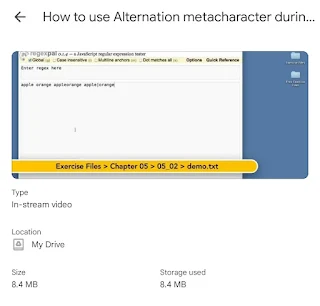In PHP, the alternation metacharacter is used within regular expressions to match one of several possible patterns. It is represented by the vertical bar (|). Here’s how you can use it in PHP development:
Basic Usage: The alternation metacharacter allows you to specify multiple patterns to match. For example, if you want to match either "cat" or "dog", you can use the following regex:
php$pattern = '/cat|dog/';To use this pattern in PHP, you typically use functions like
preg_match()orpreg_replace().Example with
preg_match():php$subject = "I have a cat."; $pattern = '/cat|dog/'; if (preg_match($pattern, $subject)) { echo "The string contains 'cat' or 'dog'."; } else { echo "The string does not contain 'cat' or 'dog'."; }Using Alternation with More Complex Patterns: You can use alternation to match more complex patterns. For instance, if you want to match either "cat" or "dog" and also capture optional "s" for plural forms, you can do:
php$pattern = '/cats?|dogs?/';This pattern matches "cat", "cats", "dog", or "dogs".
Grouping and Alternation: You can combine alternation with grouping to create more complex patterns. For example, to match "cat" followed by either "in" or "on":
php$pattern = '/cat (in|on) the (mat|rug)/';This will match "cat in the mat", "cat on the mat", "cat in the rug", or "cat on the rug".
Using
preg_replace()with Alternation: Alternation can also be used inpreg_replace()for substitutions. For instance, replacing "cat" with "dog" or "bird":php$pattern = '/cat|dog/'; $replacement = 'pet'; $subject = 'I have a cat and a dog.'; $result = preg_replace($pattern, $replacement, $subject); echo $result; // Outputs: "I have a pet and a pet."
Remember to always delimit your regular expressions with delimiters (like /), and to use the appropriate regex functions provided by PHP for pattern matching and manipulation.
Enjoy! Follow us for more...



No comments:
Post a Comment